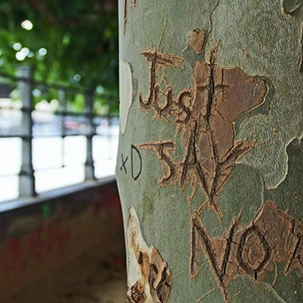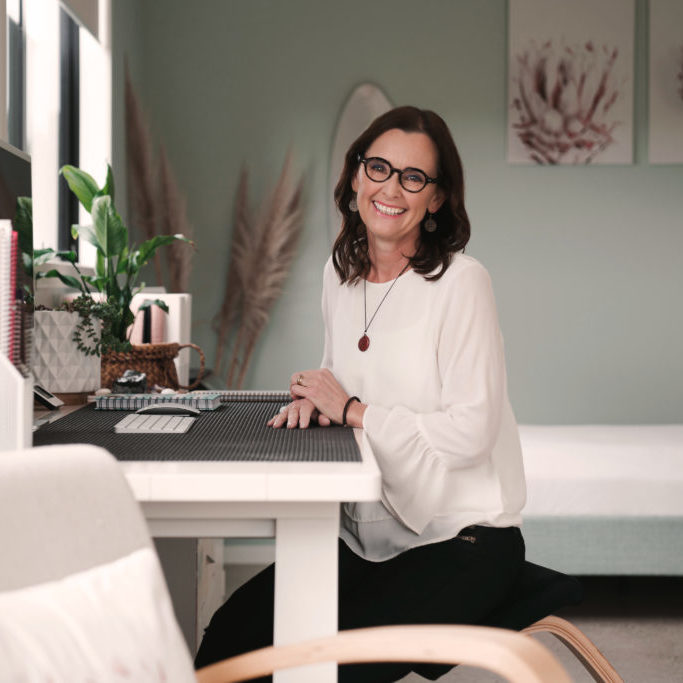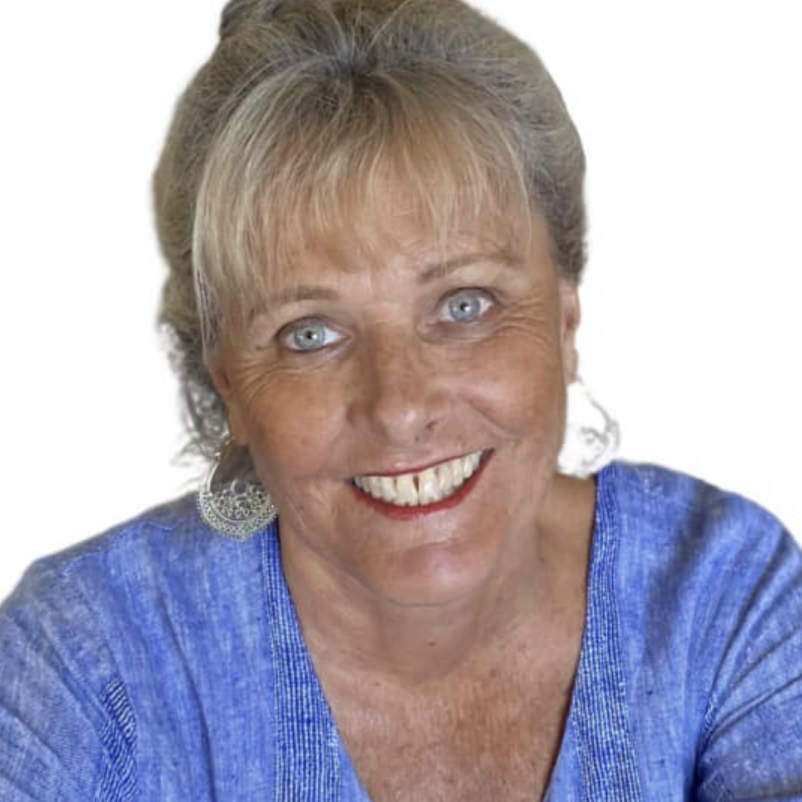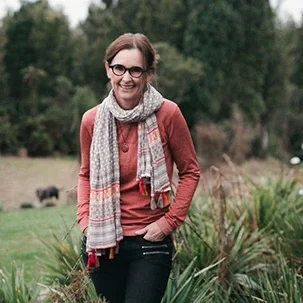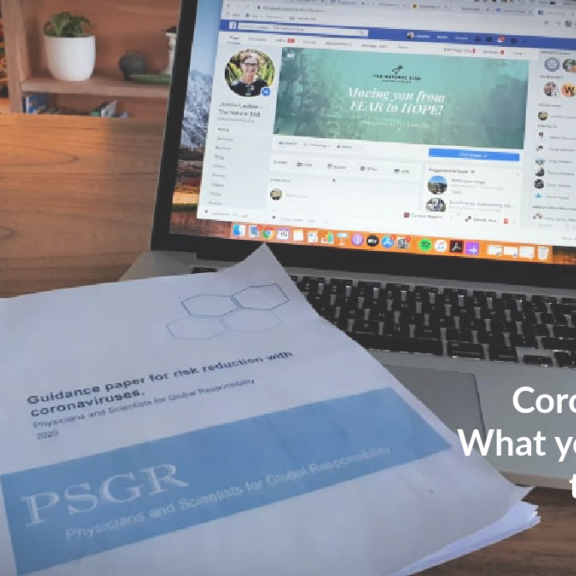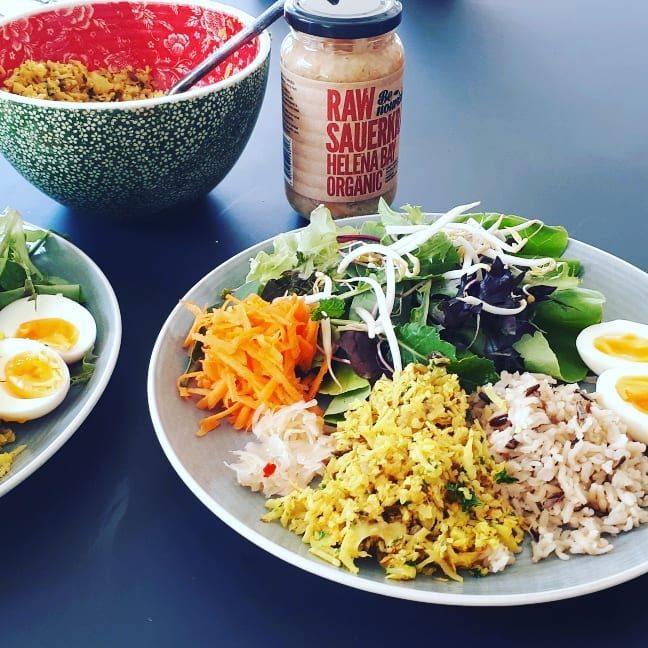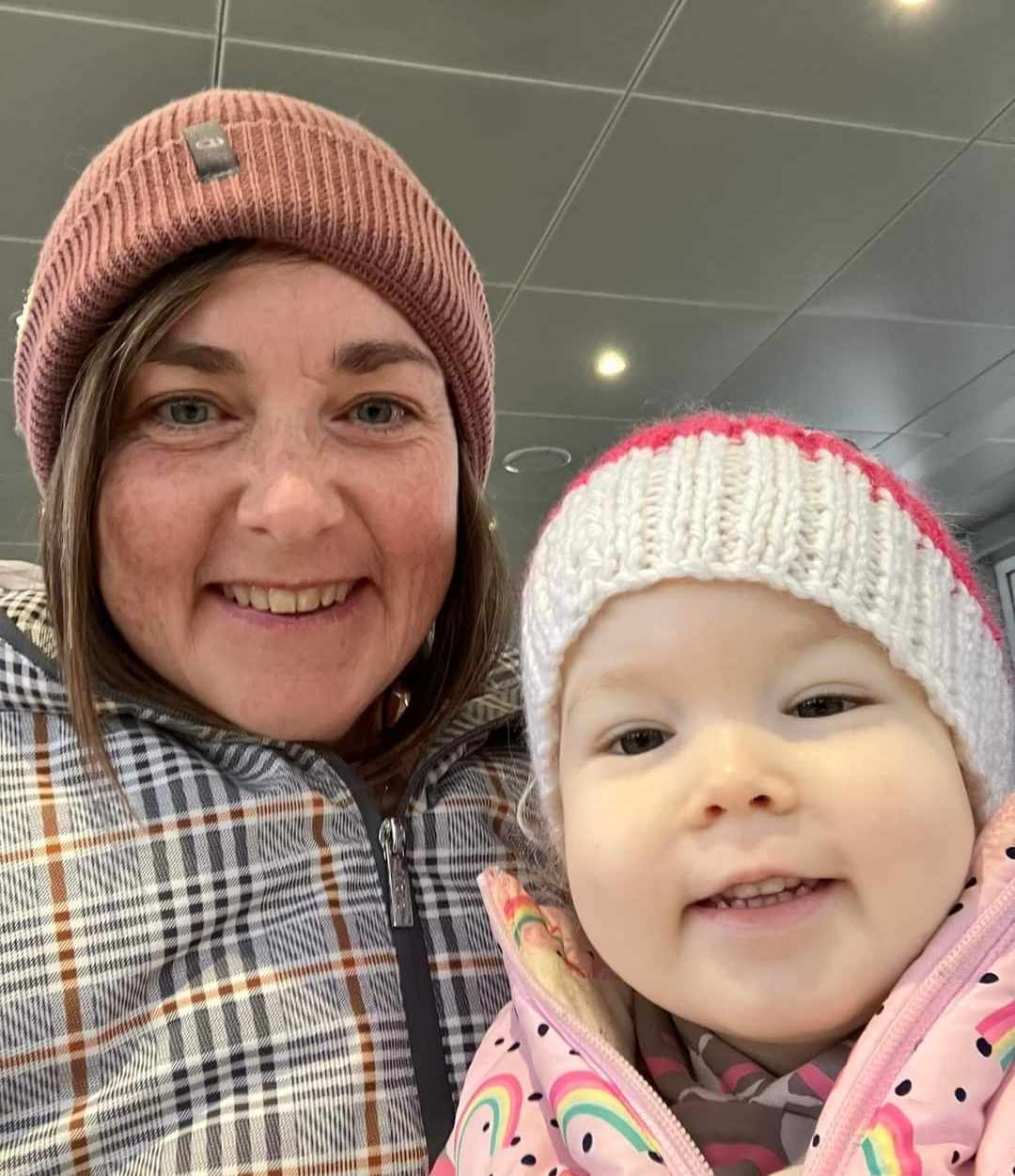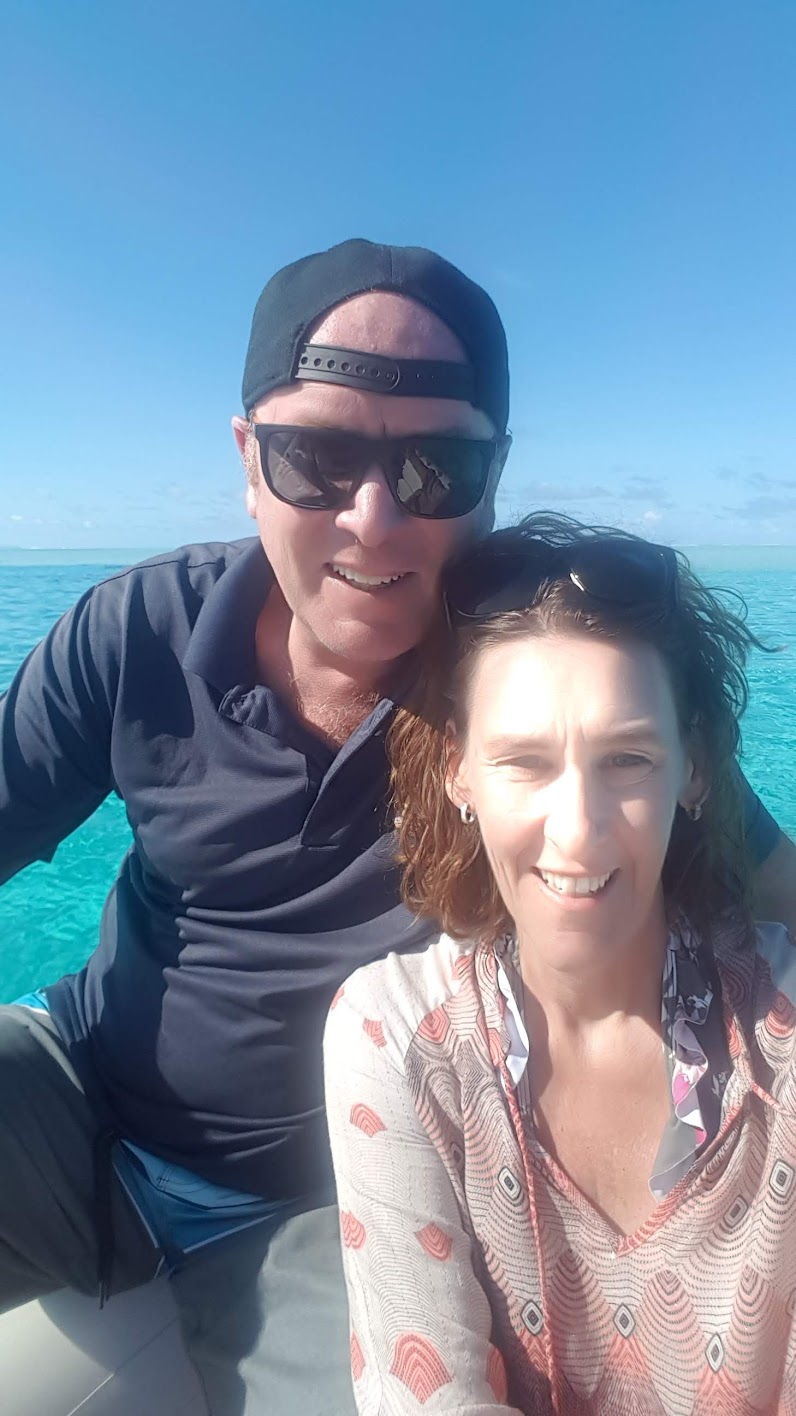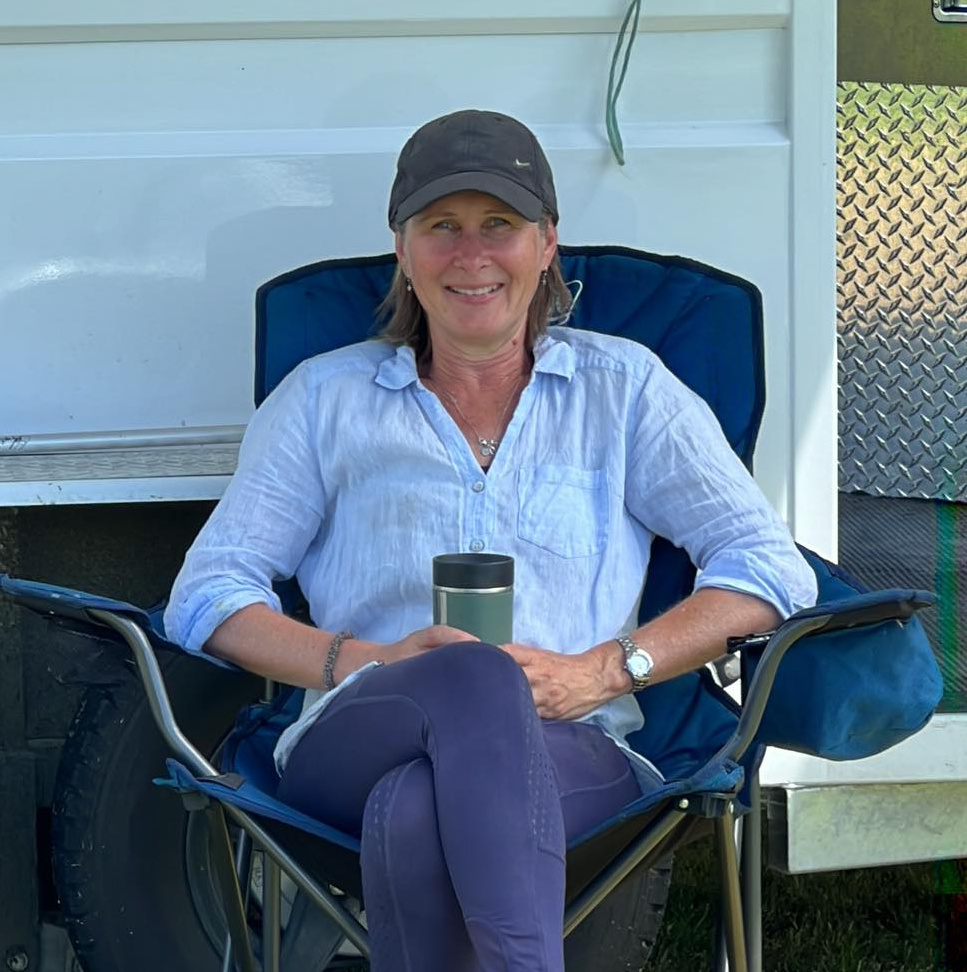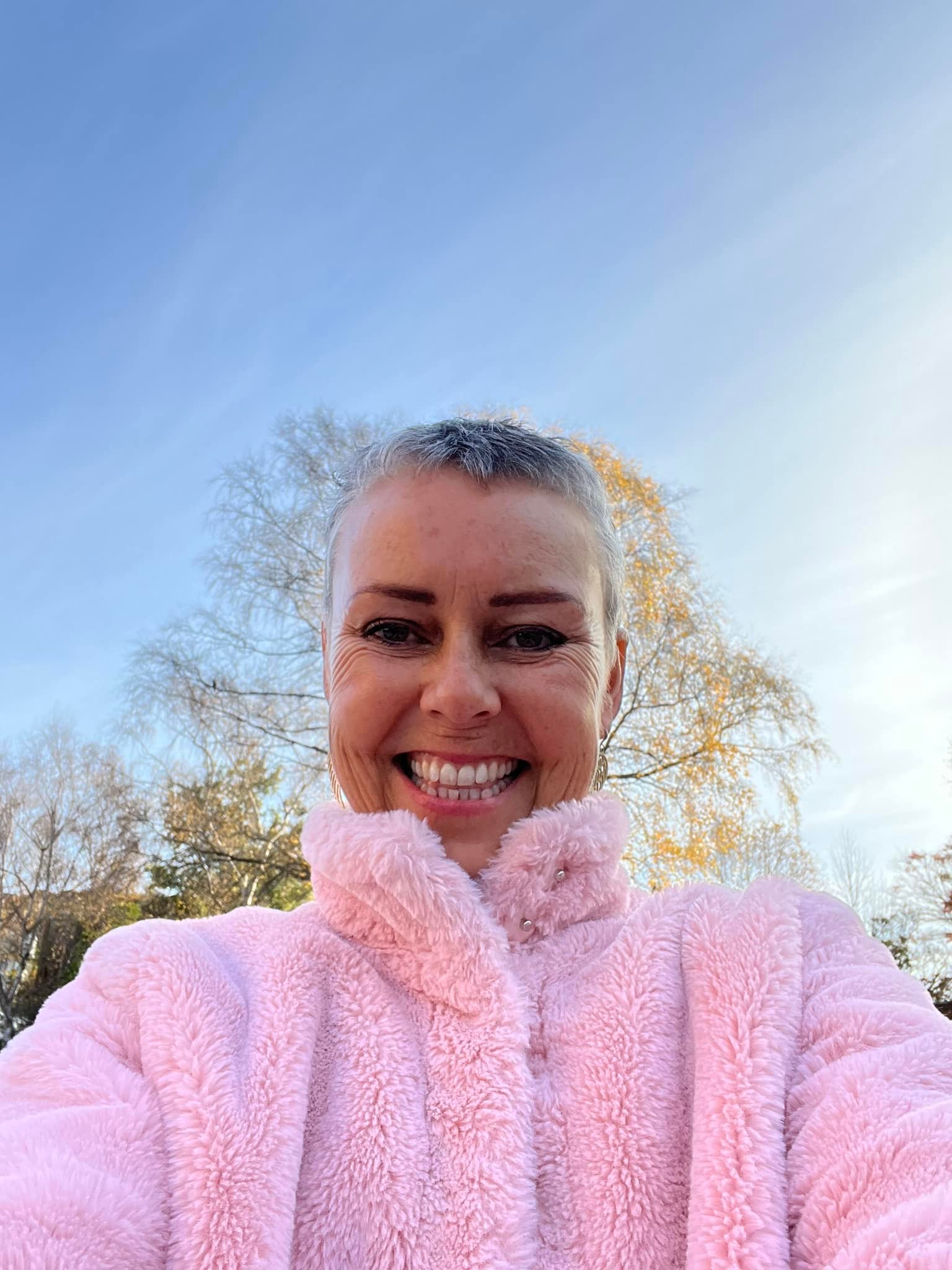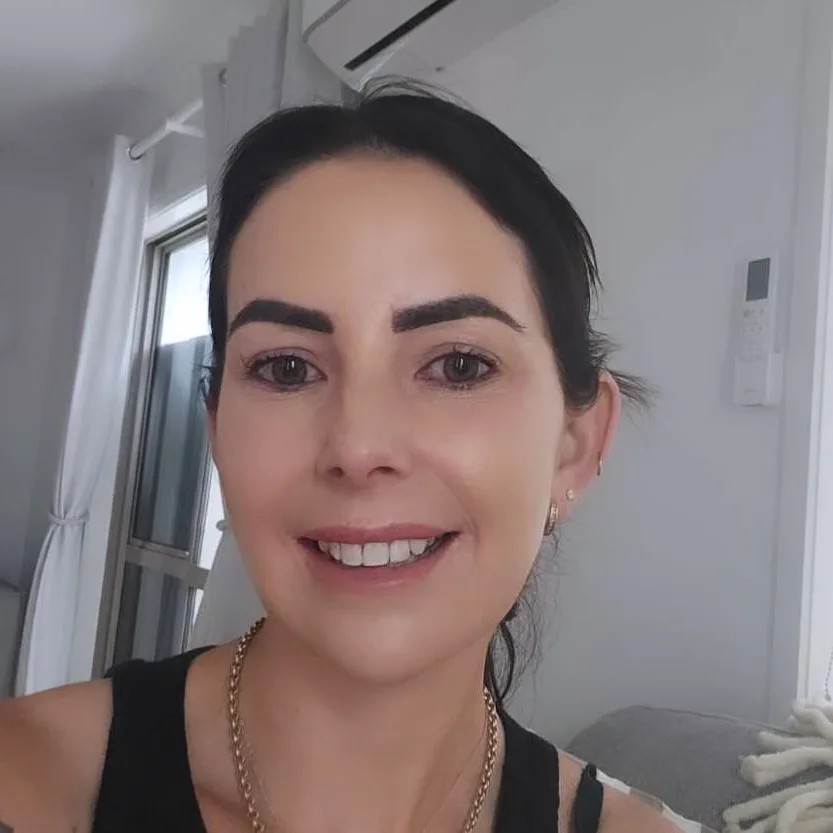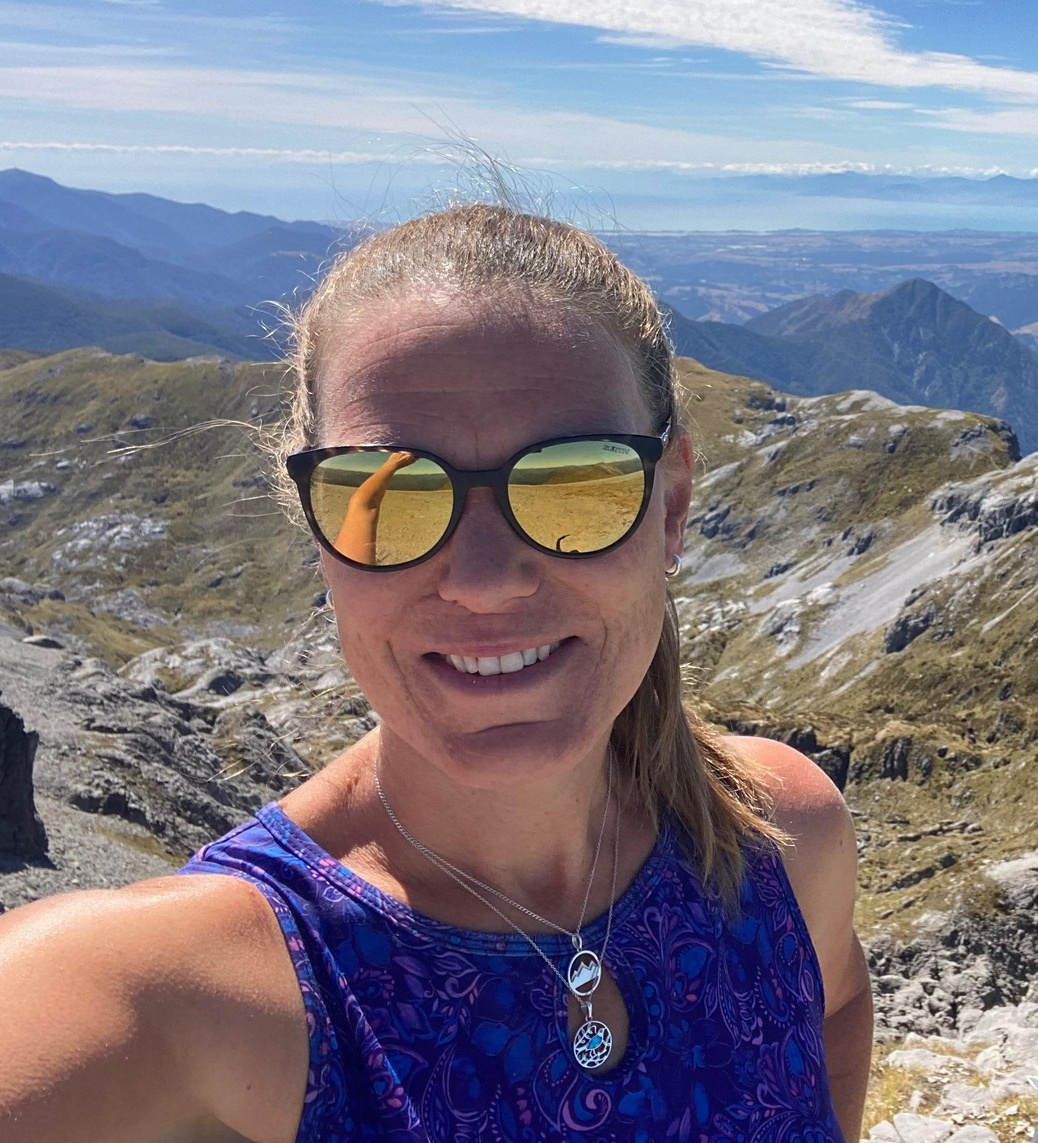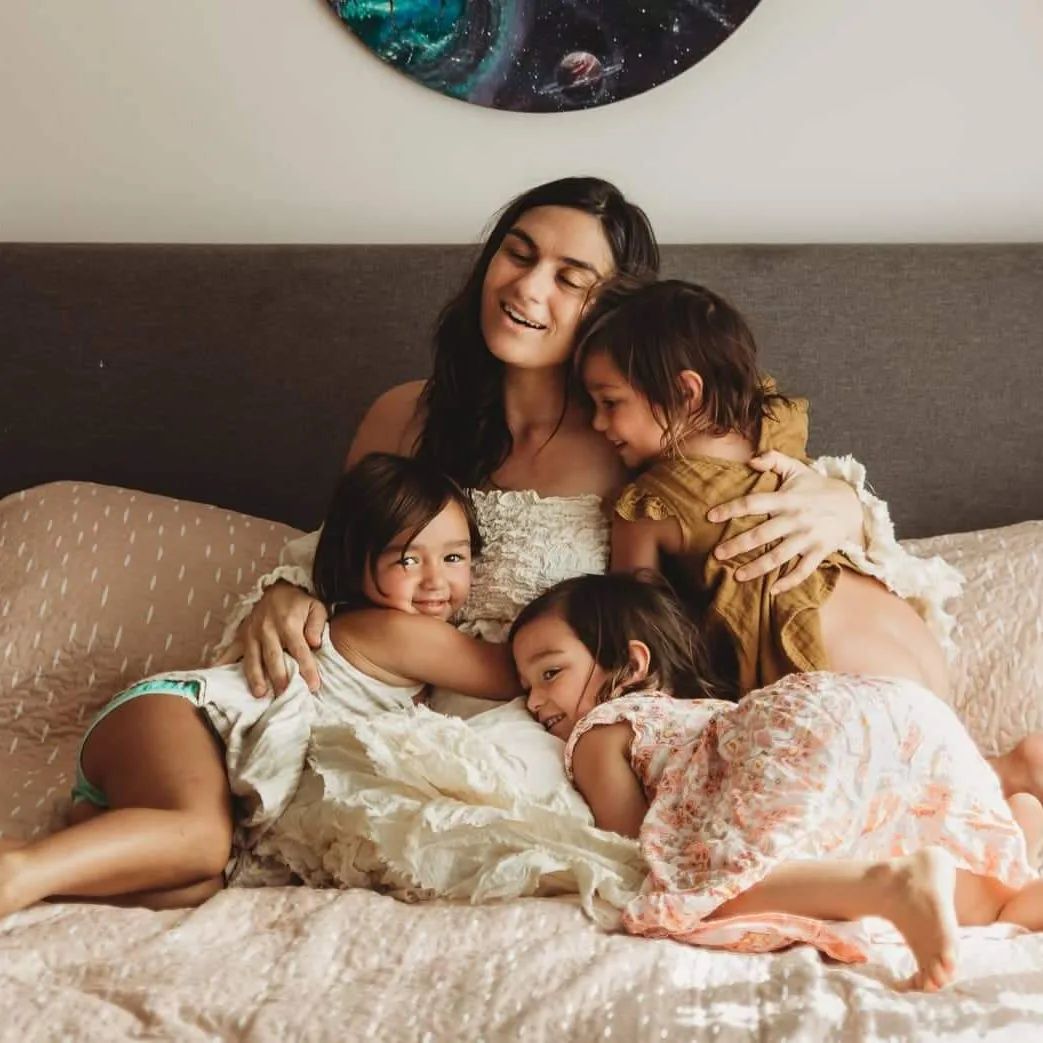Personal boundaries are defined as,“guidelines, rules or limits that a person creates to identify reasonable, safe and permissible ways for other people to behave towards them and how they will respond when someone passes those limits.”
Simply put, boundaries state what’s okay vs what’s not okay. They prevent us from giving too much of ourselves away in moments when we can’t afford to either emotionally, physically, or mentally. Or from tolerating certain behaviours and actions that violate our rights and preferences.
Unfortunately, many of us never really take the time to think about what our boundaries are.
Because of this, we often allow ourselves and others to cross those limits over and over again. This can lead to us getting hurt, as well as develop feelings of resentment, overwhelm, guilt, unhappiness, and potentially lead to conflict.
Not to mention, when we spend our time and energy catering solely to the burdens or unrealistic expectations of others we take on more “weight” than we need to and neglect our feelings, rights, and desires in the process. And doing so puts us on the fast track to burnout, stress, anxiety, and misery.
Boundaries help us determine what those limits are, set clear expectations and real consequences for when those boundaries are crossed.
Sound all too familiar? It certainly has been for mine in my own healing journey too, I have had to gradually develop the art of saying “NO”, however to this day I can still be triggered with my boundaries within my work load with clients, so it’s a gradual realisation of how to better manages this when it arrises.
HOW TO BEGIN TO SET BOUNDARIES
Know what you want + deserve
Self-awareness is the first step in setting boundaries. In order to know your limits, you have to know what your needs, and expectations are.
Try asking yourself: “What’s my preference?”, “How do I feel about this?”, “How am I feeling right now?”, “Is this something I want to do?”
Our boundaries are shaped by who we are, what we need, and what we want.
The more honest you are with yourself, the more concise your boundaries will be.
After all, if you can’t decide what you want, then others will make that decision for you.
Know your basic rights
In its simplest form, our boundaries are a declaration of our basic human rights.
The Right to…
- Say no without feeling guilty.
- Be treated with respect.
- Make my needs as important as others.
- Be accepting of my mistakes and failures.
- Not to meet others’ unreasonable expectations of me.
By acknowledging, and honouring our rights above in addition to self-awareness we can begin to understand what our boundaries are and “stop people-pleasing.”
Let those around you know
The next step is to communicate your boundaries to those around you.
Even if it’s uncomfortable… Even if the other person doesn’t understand at first… And even if you feel like it might offend someone…
You have a responsibility to yourself to set these limits and to make those limits known. Your wellbeing is a top priority and should come first. After all, we can’t fully be there for others if we aren’t first there to support ourselves.
Also, your boundaries aren’t intended to hurt those around you or negatively impact your relationships. At the end of the day, you are doing this for your own wellness and for the betterment of your relationships with others.
Besides, it is possible to communicate your boundaries in a manner that is direct, honest, and kind. In fact, by approaching it this way your intentions and the significance of your boundaries will be better understood and hopefully better received.
It’s also important to note that boundaries can be flexible. Having an open discussion about each others’ boundaries can lead to compromise and solutions that work to everyone’s benefit.
And if after all that someone just can’t understand or respect your wishes, then that’s on them. Remember, you’re not responsible for the feelings of others.
Get comfortable speaking up for yourself
It’s not always easy to do. Often times we want to please others or simply don’t want to offend anyone.
But these are remnants of an old way of living that has no place in today’s world of long workdays, busy schedules, social media, and juggling more than we often can handle. So it’s time we familiarise ourselves with speaking up for ourselves and get used to saying, “no”.
Again, it is your right to say, “no” and to do so without providing an explanation and without being emotionally responsible for the person you’re saying it too. And it is your right to be heard and to speak up when someone says or does something you deem inappropriate.
So get comfortable saying “no” to the event you don’t want to go too. That activity you don’t want to participate in. That guy you want nothing to do with. Or the extra work shift you don’t need.
Ask for help and support if you need it
It’s important to mention that setting boundaries can be harder and more complicated if you or someone you know is struggling with mental illness, depression, anxiety, or past trauma.
If you are struggling with setting or asserting your boundaries, or if someone is constantly crossing your limits after making them know, please never hesitate to reach out to a mental health professional.
The 6-week group coaching courses that Jenny & I run also help you to process much healthier boundaries too.
CONCLUSION
Boundaries are crucial for maintaining our overall well-being, especially mentally, as well as honouring our basic human rights and personal desires. Setting and asserting our boundaries helps us conserve our limited energy, and grow out of our comfort zones to gain the confidence and self-worth we all deserve.
So go on – start with one boundary today – you owe it to yourself!

